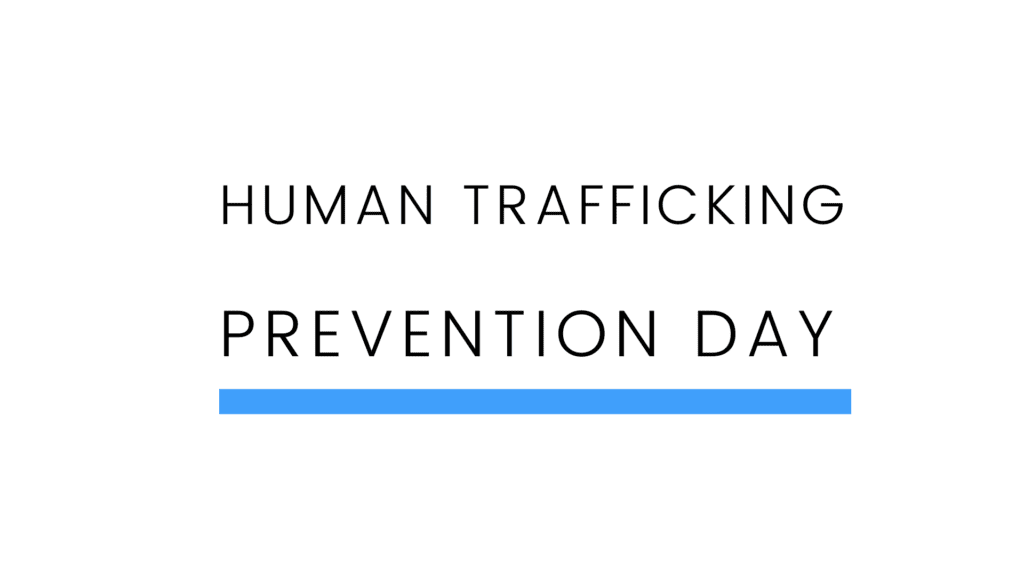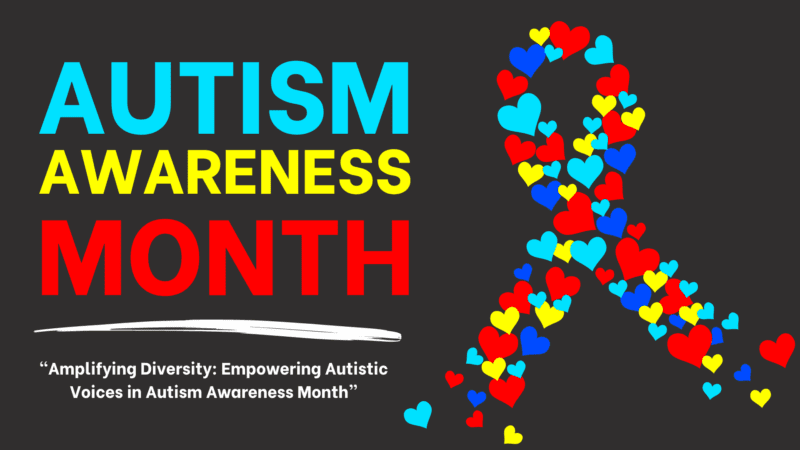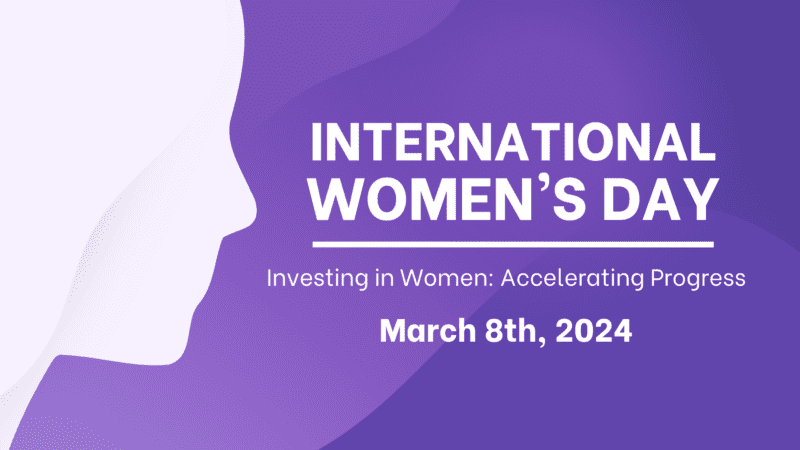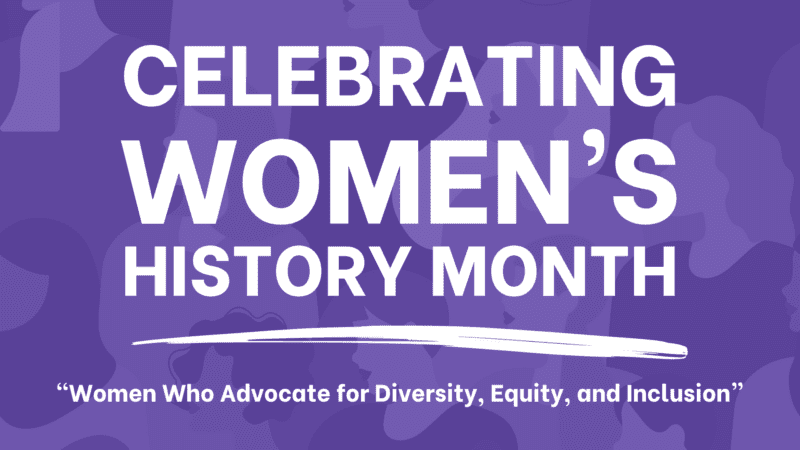
In 2010, and every year since, the President of the United States has declared January to be Human Trafficking Prevent Month.
It is estimated that 24.9 million people around the world are subjected to human trafficking and forced labor. For reference, that is roughly the population of Australia.
A breakdown of this staggering number finds that 16 of the 24.9 million people are trafficked through private individuals, private groups, or companies unrelated to the commercial sex industry. 4.8 of the 24.9 million people are trafficked for sexual exploitation. The final 4.1 million people are trafficked through state-imposed forced labor.
This is an issue that is hard to thwart due to how lucrative it is for the traffickers. Human trafficking and forced labor are estimated to generate over $150 billion in illegal profits around the world per year.
The History of National Human Trafficking Prevention Month
In 2000, the Trafficking Victims Protection ACT (TVPA) became the first comprehensive federal law that addressed human trafficking. The TVPA established a three-pronged approach called the 3P paradigm to stop trafficking. The 3P’s include preventing human trafficking, protecting survivors, and prosecuting traffickers. This 3P paradigm approach has been used as a fundamental framework for governments and organizations around the world to combat human trafficking.
How to Prevent Human Trafficking in Your Community
One of the best ways to prevent human trafficking is by learning the indicators of such. The U.S. State Department lists 10 red flags to alert you of potential human trafficking situations:
- Living with employer
- Poor living conditions
- Multiple people living in a small space
- Inability to speak to an individual alone
- Answers to questions seem to be scripted or rehearsed
- Employer is holding identity documents
- Signs of physical abuse
- Submissive or fearful
- Under paid or no pay
- Under 18 and in prostitution
If you suspect someone of being subjected to human trafficking or forced labor, and are able to speak with them safely, these are important questions you can ask:
- Can you leave your job if you want?
- Can you come and go as you please?
- Have you been hurt or threatened if you tried to leave?
- Has your family been threatened?
- Do you live with your employer?
- Where do you eat and sleep?
- Are you in debt to your employer?
- Who holds your passport/identification?
Aside from know the indicators, you can volunteer and support national and international anti-trafficking groups such as:
- Global Alliance Against Trafficking in Women
- Stop the Traffik
- The Urban Justice Center’s Sex Workers Project
- FAIR Girls
- UNICEF
- Freedom Network USA
- Love146
During this month, it is important to celebrate the world governments, international organizations, survivors, law enforcements, and anti-trafficking groups that aim to raise awareness about human trafficking and the harm that is has on public safety in communities across the globe.
If you are in the United States and believe someone may be the victim of human trafficking you can call the 24-hour National Human Trafficking Hotline: 1-888-373-7888





